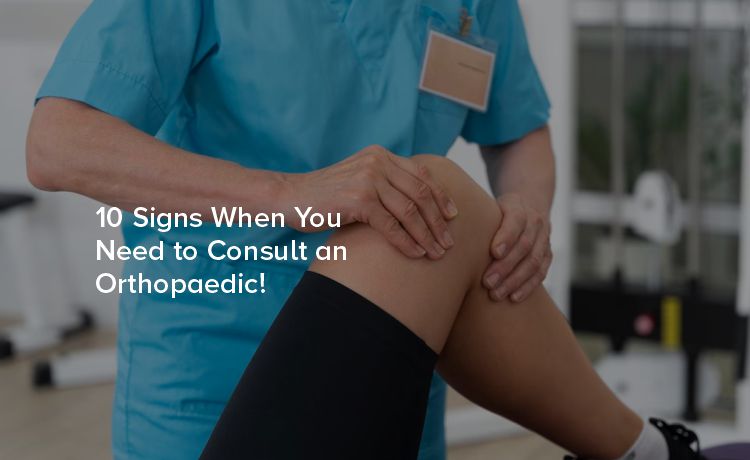
Orthopedic issues can sneak up on you, manifesting as mild discomfort or intermittent pain that you might be tempted to ignore. However, these symptoms can often indicate more serious underlying conditions that require professional evaluation and treatment. Ignoring these signs can lead to chronic issues or more severe complications down the road. Here are ten signs that indicate it's time to consult an orthopedic specialist.
Understanding Persistent Pain
If you experience persistent pain in your joints, muscles, or bones that doesn't resolve with rest or over-the-counter medication, it's a red flag. This type of pain can be a symptom of conditions like arthritis, tendinitis, or even stress fractures.
What to Look For
Recognizing Restricted Mobility
Difficulty moving a joint through its full range of motion may indicate an orthopedic issue. This limitation can result from inflammation, injury, or degenerative conditions.
Common Symptoms
The Ubiquity of Back Pain
Back pain is common, but chronic back pain can significantly impact your quality of life. Conditions like herniated discs, spinal stenosis, or sciatica often require professional attention.
Warning Signs
Identifying Problematic Swelling
Swelling often accompanies soft tissue injuries, but if it persists, it may indicate a more severe issue like a fracture or a torn ligament.
When to Worry?
Recognizing Joint Instability
If you experience a sense of instability or your joint feels like it might give out, it could be due to ligament injury or joint degeneration.
Key Indicators
Sensory Warnings
Numbness, tingling, or a "pins and needles" sensation can signal nerve compression or damage. Conditions like carpal tunnel syndrome or herniated discs are common culprits.
What to Notice
Visible Changes
Visible deformities, whether from acute injury or gradual onset, should never be ignored. These could be signs of fractures, dislocations, or advanced arthritis.
Signs of Concern
Acute Pain Awareness
Sudden, severe pain, especially following an injury, warrants immediate medical attention. It could indicate fractures, torn ligaments, or other serious injuries.
Critical Symptoms
Impact on Daily Life
When pain or discomfort interferes with your ability to perform daily tasks, it's time to seek professional help. This might be a sign of degenerative conditions or chronic injuries.
Activities Affected
Long-Term Effects of Injuries
If you have suffered an injury in the past and still experience lingering pain or dysfunction, it might indicate incomplete healing or complications.
Ongoing Symptoms
Ignoring the signs of orthopedic issues can lead to long-term damage and decreased quality of life. If you experience any of the symptoms discussed, it's crucial to consult an orthopedic specialist. Early diagnosis and treatment can significantly improve outcomes and help you return to your normal activities. Citizens Specialty Hospital is among the top Orthopedics hospital in Hyderabad.